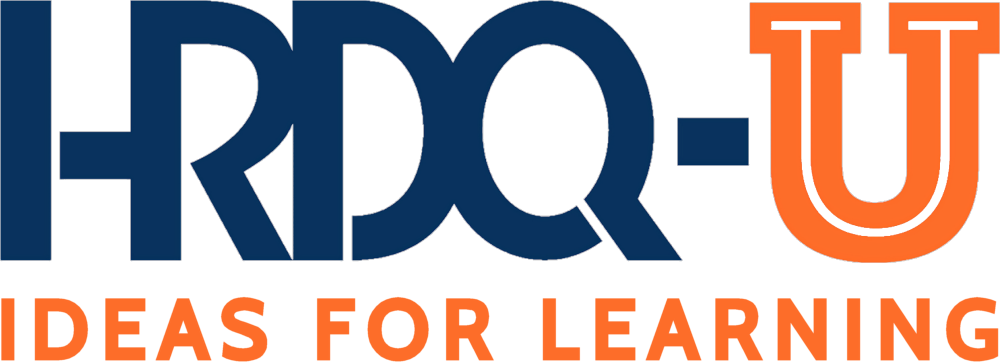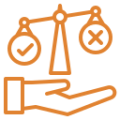The Four Building Blocks of Change Management

When implementing change, it’s crucial to have a solid foundation in the key building blocks of successful change management.
Here are the four blocks to change management:
1. Preparation, Management, and Organization of Change: Learn how to effectively prepare for and organize change, ensuring smooth implementation and employee engagement.
2. Measurement of Change: Discover strategies to measure the impact and progress of change initiatives, enabling effective tracking and adjustment.
3. Understanding Change Resistance: Uncover valuable insights on change resistance and learn techniques to address and overcome it within your organization.
4. Sustaining Change: Gain practical tips and approaches to ensure that change is implemented and sustained over the long term.
The Five Sources of Resistance to Change

By understanding these sources of resistance and implementing appropriate strategies, you can effectively manage change within your organization, ensuring a smoother transition and increased chances of success. Explore familiar sources of resistance and ways to address them.
1. Lack of Confidence: People may resist change because they don’t think it’s necessary. They may have never gone through the awareness and understanding cycle to see why it would be necessary.
2. Fear: They’re not sure they have the fortitude, skills, understanding, and ability to deal with the change because they don’t know how to predict the future or manage it with and through other people.
3. Surprise: If the changes feel like a surprise, that can lead to some resistance. The exciting thing about surprises is the only time we really like them is when it’s a party. We don’t really like surprises. We don’t like it when we can’t understand what’s happening or going to happen.
4. Support: Do your employees have the support, the tools, the understanding, the training, and the active things we need to do to be more confident in increasing our results?
5. Control: Resistance can come from a feeling of a lack of control: I feel no sense of control over what is occurring here. It’s all being done to me, not with me.
Finding the Right Change Management Strategy for Your Unique Team
Mark shares powerful insights during the recommended webinar, Creating Change Management Capability: Experience Success, emphasizing the importance of adopting a flexible perspective on change. By highlighting the significance of aligning people, culture, and processes with the evolving business strategy, Hordes sheds light on the essence of change management. Additionally, he stresses the critical role of creating awareness among employees, managing potential disruptors, and identifying individuals who may resist change.
It’s essential to remember that there is no one-size-fits-all approach when implementing change. Change management can encompass a variety of definitions and strategies, so it’s crucial to do your research and choose the approach that aligns best with your organization’s goals and values. By taking the time to consider your options carefully and involve stakeholders in the decision-making process, you can increase the likelihood of a successful outcome.






























